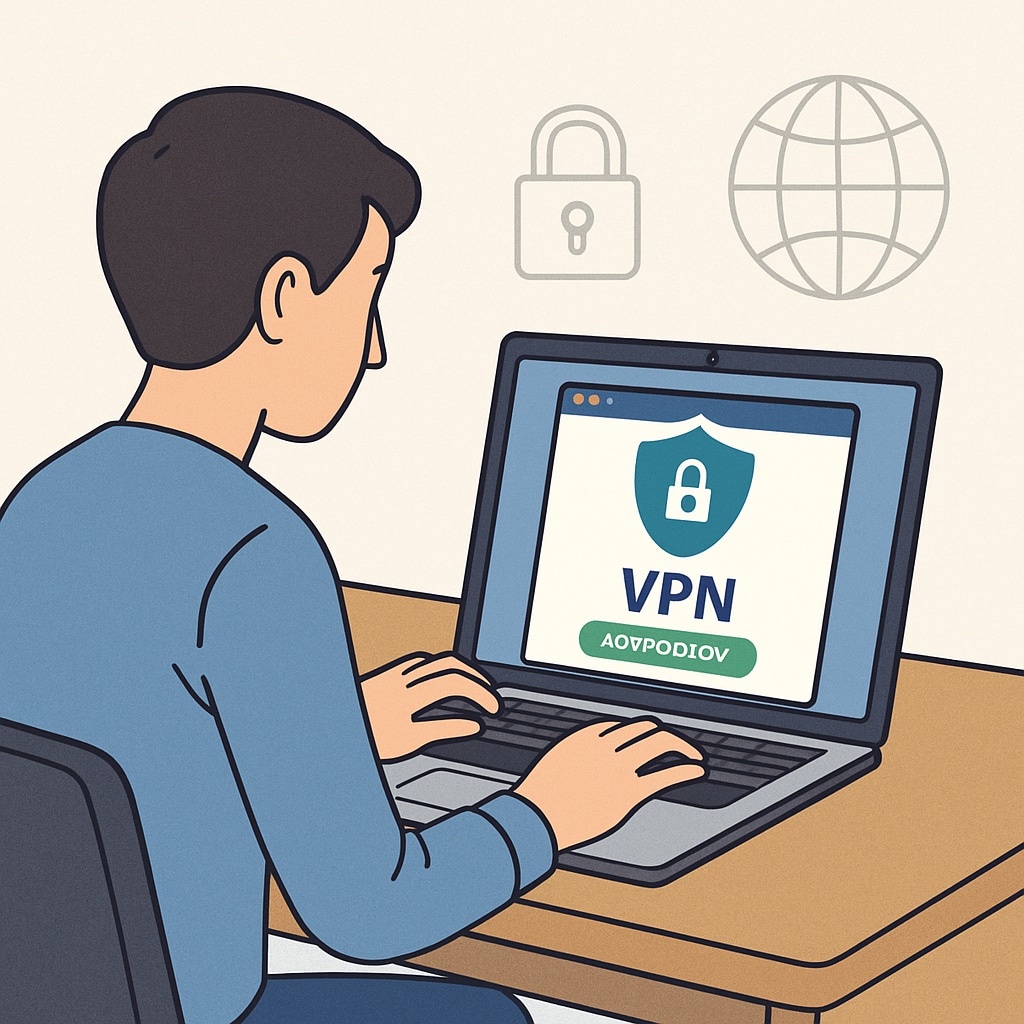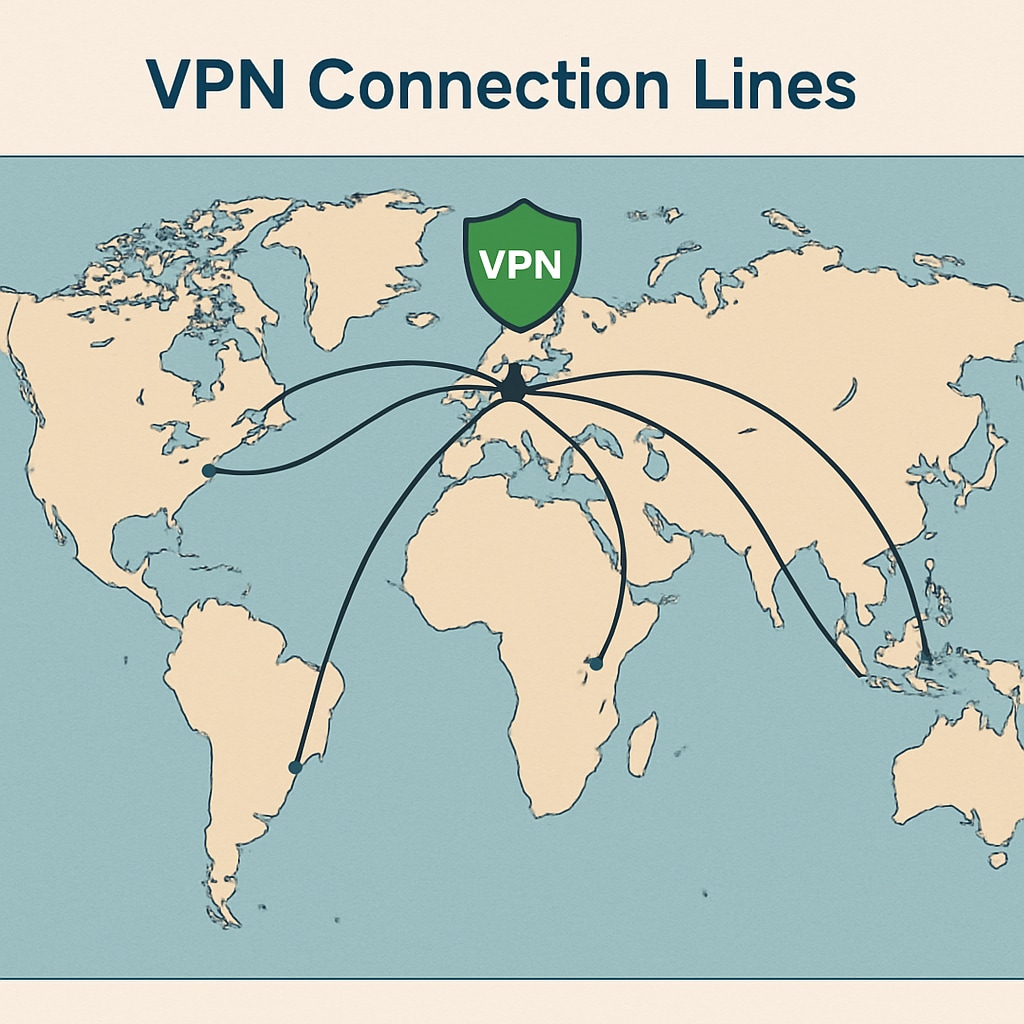The introduction of the UK’s age verification law has caused a notable spike in VPN usage across the country. This regulation, aimed at ensuring minors cannot access adult content online, requires users to provide proof of age before accessing certain websites. While the law has noble intentions, its implementation has raised significant concerns about privacy, data security, and internet access, prompting many users to turn to virtual private networks (VPNs) as a workaround.

Understanding the UK Age Verification Law
The UK age verification law mandates websites hosting adult content to verify the age of users before granting access. This verification typically involves submitting government-issued identification or credit card details. The goal is to protect underage users from exposure to inappropriate material, aligning with broader efforts to safeguard children online.
However, critics argue that these measures compromise user privacy by storing sensitive personal data, which could be vulnerable to breaches. Additionally, some worry that these regulations set a precedent for government overreach into online freedoms.
Why VPN Usage Is Rising
VPNs (Virtual Private Networks) allow users to mask their IP addresses and encrypt their internet traffic, providing anonymity and bypassing geographic restrictions. As a result, many UK citizens have adopted VPNs to circumvent the age verification law, which they perceive as invasive or overly restrictive.
Key reasons for the surge in VPN usage include:
- Privacy Concerns: Users worry about the potential misuse of their personal data when complying with verification requirements.
- Access to Restricted Content: VPNs enable users to bypass verification systems and access content as if they were in another country.
- Cost Efficiency: Many VPN services are affordable and offer additional benefits like enhanced security and faster browsing.

Implications for Privacy and Internet Policy
The rise in VPN usage following the UK age verification law underscores broader implications for privacy and internet policy. While VPNs provide a solution for users seeking anonymity, their widespread adoption highlights the public’s dissatisfaction with policies perceived as intrusive.
Moreover, this trend raises questions about the effectiveness of such regulations. If users can easily bypass restrictions, does the law achieve its intended purpose? Policymakers may need to reconsider approaches to balancing child safety with user privacy and digital rights.
For example, according to Wikipedia’s definition of VPNs, these tools are designed to protect privacy, but they are increasingly being used to bypass governmental restrictions. Similarly, Britannica’s overview of the internet discusses the challenges of regulating online content in a global digital environment.
Future Outlook: Striking a Balance
As VPN adoption grows, the UK government faces pressure to revise its approach to online regulation. Striking a balance between protecting minors and respecting privacy rights will be critical in addressing public concerns. Furthermore, educating citizens about the risks and benefits of VPNs could promote informed decision-making regarding their use.
Ultimately, the surge in VPN usage serves as a reminder of the tension between technological advancements and regulatory efforts. Governments worldwide must navigate these challenges carefully to ensure the internet remains a space for innovation, privacy, and inclusivity.
Readability guidance: This article uses concise paragraphs, active voice, and transition words to enhance readability. Lists are incorporated to summarize complex ideas, while external links provide authoritative references for further exploration.


